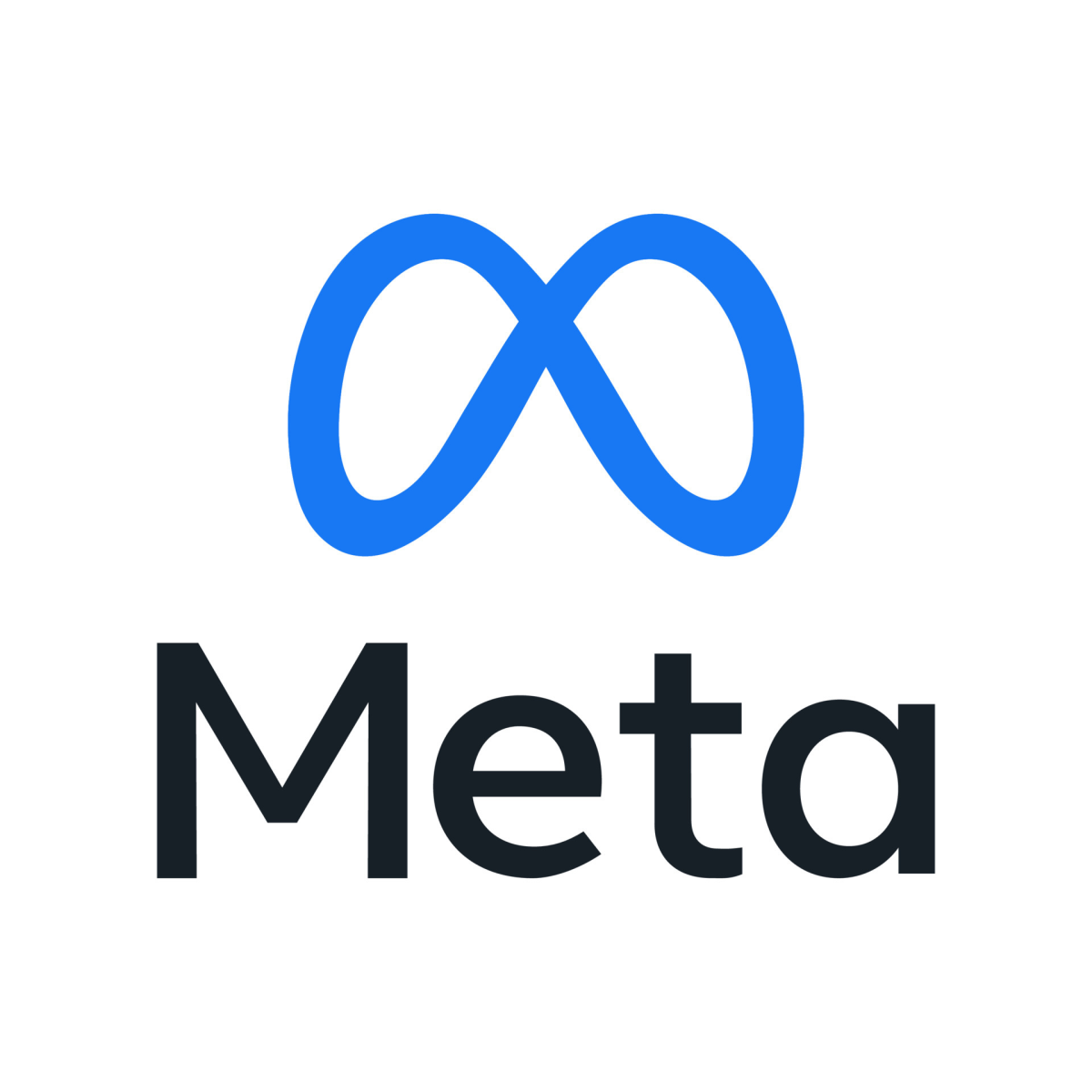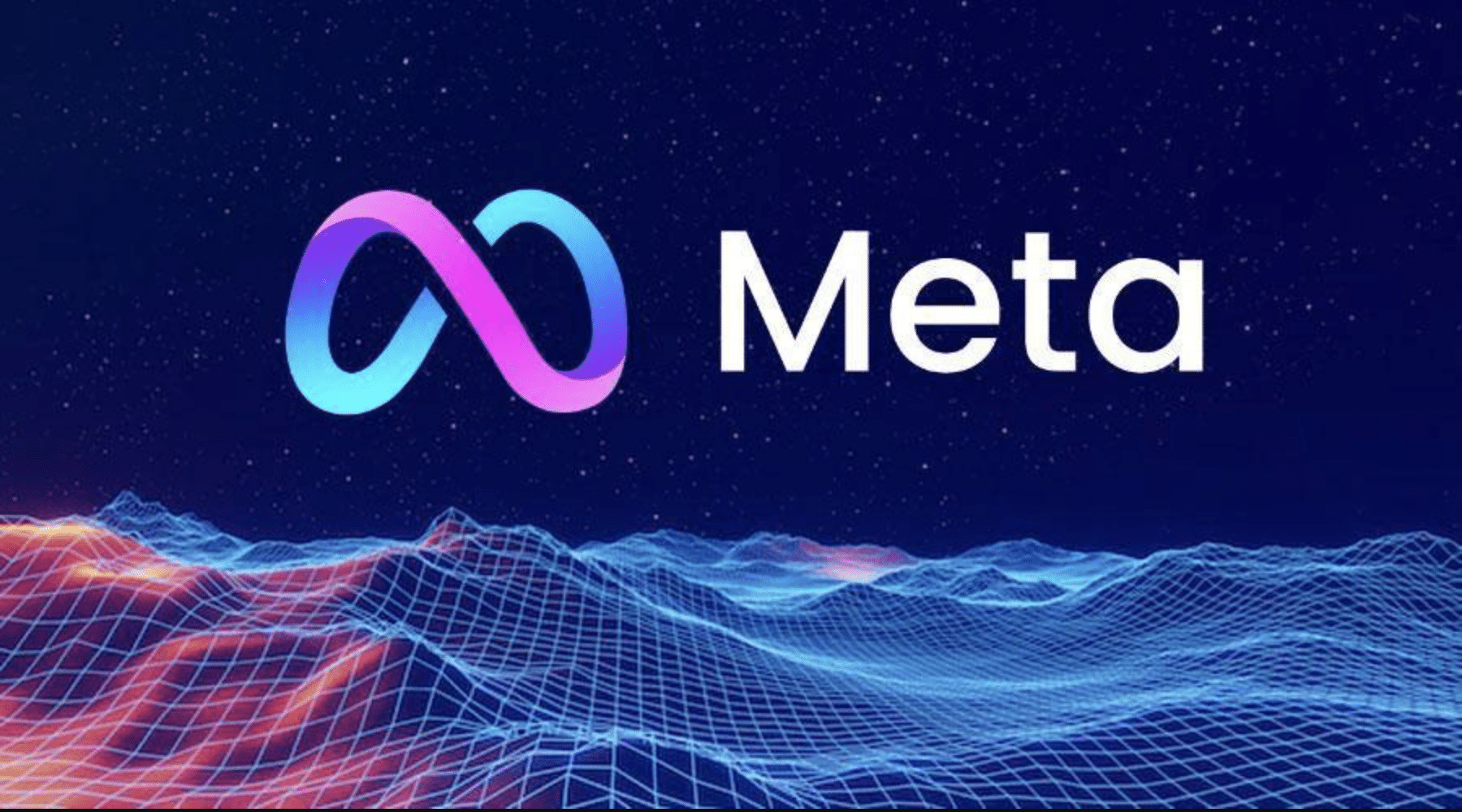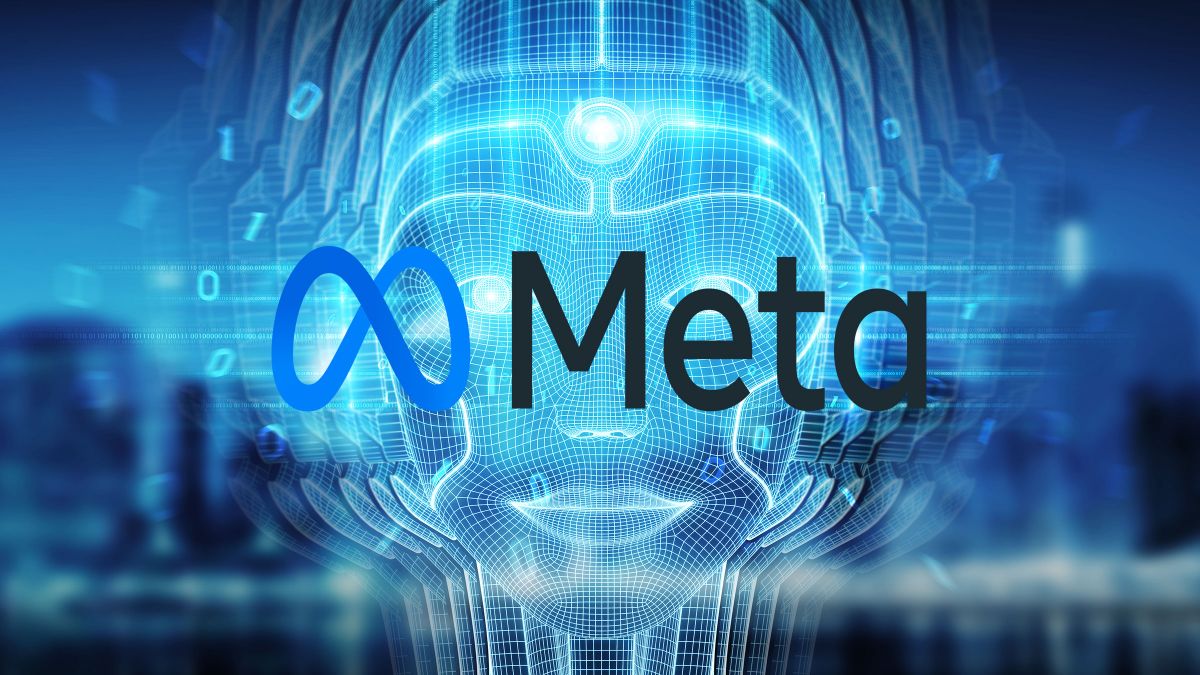Exploring The Evolving Meta Landscape
Detail Author:
- Name : Cordell Shields
- Username : osinski.claudie
- Email : ybarton@hotmail.com
- Birthdate : 1982-03-03
- Address : 7852 Magnolia Manor Eloisebury, GA 25723-2186
- Phone : +15208343825
- Company : Borer-Trantow
- Job : Safety Engineer
- Bio : Nostrum repudiandae in eum facere reiciendis dicta. Occaecati quia et fugiat voluptate nihil exercitationem et. Aut sit eum illum a sed rerum.
Socials
twitter:
- url : https://twitter.com/schulist2014
- username : schulist2014
- bio : Exercitationem cumque cumque est eum quis amet. Eaque et sed similique dolorem eum. Repellat in aliquam dolorem et voluptatem iusto.
- followers : 2731
- following : 567
instagram:
- url : https://instagram.com/schulists
- username : schulists
- bio : Est voluptatem dolorem quaerat in omnis ipsa quia. Error minus ea nobis qui et.
- followers : 4974
- following : 2844
tiktok:
- url : https://tiktok.com/@serena_real
- username : serena_real
- bio : Deserunt facere debitis enim hic quos. Modi enim sit et quaerat.
- followers : 4432
- following : 2155
linkedin:
- url : https://linkedin.com/in/serena8974
- username : serena8974
- bio : Sit rem nobis non tempore at consequuntur.
- followers : 3598
- following : 2104
Have you ever stopped to think about how a single word can hold so much meaning, especially in our fast-paced digital world? Well, today, we are going to explore just that. The concept of "meta" has become a central idea, especially since Facebook officially announced its change to Meta. This move, as many know, showed the company's deep focus and commitment to the metaverse. Mark Zuckerberg, in fact, wrote quite a bit about why this name change happened, and how the company sees and plans to build this metaverse. It's a big shift, and it tells us a lot about where technology is heading, you know?
This idea of "meta" goes beyond just one company, though. It's a rather broad concept that touches many different areas of our lives and technology. From the way we understand data to how we play games, the word "meta" shows up in some really interesting places. It helps us think about things at a higher, more abstract level, which is quite useful when dealing with complex systems, so it's almost.
So, what exactly does "meta" mean across these different spaces? And how does it shape the way we interact with technology and even each other? We will take a look at the various facets of this intriguing term, drawing insights from recent developments and long-standing definitions. It's a bit like looking at the same word through many different lenses, which is that.
Table of Contents
- Meta as a Company: The Metaverse Vision
- The Meaning of "Meta": Depth and Breadth
- Meta and Artificial Intelligence: A Shifting Tide
- Everyday Meta Experiences: Recording with Meta Glasses
- Frequently Asked Questions
Meta as a Company: The Metaverse Vision
The name change from Facebook to Meta was a very significant moment, wasn't it? It really showed the company's strong belief in the metaverse. Mark Zuckerberg's writings about this transformation gave us a clear picture of their vision. He talked about why they chose the name Meta, and how they see this new digital space developing. They are quite focused on building this virtual world, which is that.
The company's push into the metaverse involves creating immersive experiences where people can connect, work, and play in a virtual setting. This means a lot of effort goes into developing virtual reality (VR) and augmented reality (AR) technologies. It's a huge undertaking, naturally, and it aims to redefine how we interact with digital content, you know?
Hardware and Access Challenges
Creating this metaverse experience isn't without its hurdles, though. For example, many people who get their hands on a Quest 2 device might find it's already been set up by a seller. This can be a bit tricky if you don't have the right software or tools to manage it yourself, which is that. Specifically, accessing certain features or downloading the Oculus software, which is needed for things like Link, can be a problem if you don't have a way to connect properly. It's a rather common issue, apparently, for new users.
These hardware and access problems show that while the vision for the metaverse is grand, the practical steps to get everyone there still have some bumps. Making these devices easy for everyone to use, regardless of their technical background, is a rather important part of making the metaverse truly accessible. This involves not just the physical devices but also the software and network connections that support them, you know?
The Meaning of "Meta": Depth and Breadth
Beyond the company itself, the word "meta" holds a fascinating meaning on its own. For me, personally, this term applies well to two different aspects: depth and breadth. In terms of breadth, "meta" can refer to the common elements found across different tasks or projects. It's like finding the underlying thread that connects various activities, which is that. This can be considered "meta" because it deals with the shared essence, rather than the specifics of each individual task.
Then there's the depth aspect. Here, "meta" points to something more fundamental, a more essential truth. For instance, when thinking about a NAS (Neural Architecture Search) space, understanding where that search space itself comes from—its very origin—is a meta-level inquiry. It's about looking at the core principles that guide something, which is that. This kind of thinking helps us grasp the bigger picture, you know, the foundational ideas.
Meta- in Computer Science: Data About Data
The prefix "meta-" comes from Greek, and it generally means "about...", "itself...", or "on a higher, more abstract level." In the world of computers, this prefix is very often used to talk about "metadata." Metadata is, quite simply, data that describes other data. It's like a label or a summary that tells you what a piece of information is, where it came from, or how it's organized, which is that.
For example, when you take a picture with your phone, the image file itself is data. But the date it was taken, the camera model used, and even the location where the photo was snapped—these pieces of information are metadata. They describe the photo without being the photo itself. This concept is incredibly useful for organizing large amounts of information and making it easier to find and manage, you know? It helps us make sense of vast digital collections, naturally.
Meta in Gaming: Strategy and Information
In the gaming world, "meta" takes on a slightly different, but equally important, meaning. It often refers to the "meta-information" about a game, or the overarching strategic level within the game. Think of it as the current best way to play the game, or the most effective strategies that players are using. This isn't about the basic rules of the game, but rather how players are using those rules to their advantage, which is that.
For example, if a certain character or strategy becomes very powerful in a game, players might say that character or strategy is "meta." It's about what's currently popular and effective in the community. This "meta" can shift and change as game updates happen or as players discover new ways to play. It's a dynamic concept that reflects the evolving strategies and understanding within the player base, you know? It's all about staying current with what works best.
Meta in Research: Combining Knowledge
The term "meta" also appears in academic research, particularly in "meta-analysis." This is a statistical method that combines the results of multiple scientific studies on a similar topic. It's a way to get a more robust and comprehensive conclusion than any single study could provide on its own, which is that. When you see a red box in a meta-analysis, it often shows details for each study included. This includes the author's name, the year of publication, and a specific value like Cohen's d, which measures the effect size. You also see the confidence interval, and the results from both fixed and random effects models. It's a rather precise way to synthesize research, you know?
This approach helps researchers identify patterns, resolve inconsistencies, and estimate overall effects across many different investigations. It's a powerful tool for drawing broader conclusions from a body of evidence. So, too, it helps to paint a clearer picture of a research question by bringing together various pieces of the puzzle, naturally.
Meta and Artificial Intelligence: A Shifting Tide
Meta, the company, has been a significant player in the field of artificial intelligence, particularly through its Meta FAIR (Facebook AI Research) division. However, recent observations suggest a shift. There's a feeling that since Llama 3.1, the technical insights coming from Meta's AI efforts have slowly started to fall behind. Many feel that Llama 2 was truly their peak moment in terms of technical breakthroughs, which is that. It's like watching a grand building rise, seeing the parties within, and then noticing a change in its stature. The new Llama 4 series, for example, is generating a lot of discussion about its direction, you know?
This perception of a decline in cutting-edge insight is a topic of much conversation within the AI community. It highlights the incredibly fast-paced nature of AI development, where leadership can change quickly. Companies must constantly innovate to stay at the forefront, and sometimes, even the biggest players face challenges in maintaining their top position, naturally.
Neural Networks and Gradient Issues
In the past, a big challenge with neural networks was the "vanishing gradient problem." This issue made it hard to train very deep networks. While the sigmoid activation function, for example, didn't have this specific problem, its overall performance was still not as good as ReLU (Rectified Linear Unit). The general thinking at the time was that with the introduction of ReLU and other techniques like Batch Norm, the vanishing gradient problem in neural networks was completely solved. This meant that training neural networks was no longer as difficult as it once was, which is that. It really changed the game for how people approached building and training these complex systems, you know?
These advancements allowed for the creation of much deeper and more powerful neural networks, paving the way for many of the AI capabilities we see today. It showed how continuous innovation in fundamental techniques can have a huge impact on an entire field, naturally.
The Llama Series and Its Path
The Llama series of AI models from Meta FAIR has been quite impactful, hasn't it? Llama 2, in particular, was seen by many as a high point for Meta's AI research. It showed impressive capabilities and contributed a lot to the open-source AI community. However, as mentioned, there's a growing sentiment that with Llama 3.1, and looking towards the upcoming Llama 4 series, the technical edge might be slipping a bit. It's a bit like a story of rise and perhaps a moment of re-evaluation, which is that.
This perspective, whether fully accurate or not, points to the intense competition and rapid progress in AI. Every new model release is scrutinized, and expectations are incredibly high. The journey of the Llama series reflects the dynamic nature of AI development, where each iteration brings new challenges and opportunities for growth, you know? It's a constant push for improvement, naturally.
V-JEPA 2: A New Approach
Amidst these discussions, Meta FAIR continues to push new research boundaries. Their latest work, V-JEPA 2, is a good example of this. This model uses a technique called self-supervised learning and is trained on a massive amount of internet video data—over a million hours of it! V-JEPA 2 is a "Joint Embedding Predictive Architecture" (JEPA) model, which is that. It learns by predicting missing parts of data from what it already knows, without needing human labels for every piece of information. This is a very interesting way to train AI models, naturally.
This approach allows the model to learn powerful representations from vast, unlabeled datasets, which could lead to more efficient and capable AI systems. It represents a different direction in AI training, aiming to reduce the reliance on expensive and time-consuming manual data labeling. It's a pretty big step, you know, in how we think about teaching machines.
Everyday Meta Experiences: Recording with Meta Glasses
The concept of "meta" also extends to our everyday gadgets, like Meta's smart glasses. These glasses offer a way to capture moments directly from your perspective. When you update your Meta glasses to the newest system, you can record video for up to three minutes at a time. You can actually adjust this maximum recording length through the Meta View settings, which is that. To do this, you just find the settings button, then choose "Camera," and after that, click on "Video length." From there, you can pick the duration you want for a single recording. It's a rather neat feature for quick captures, you know?
This shows how the "meta" company is trying to integrate advanced technology into our daily lives, making it easier to document experiences. It's about blending the digital and physical worlds in a seamless way. You can learn more about innovative tech on our site, and it's interesting to see how these devices are changing how we interact with the world, naturally. This page, , might also offer more details on similar developments.
Frequently Asked Questions
What does "meta" mean in a broader sense, beyond the company?
Well, the word "meta" typically refers to something that is "about itself" or exists "on a higher, more abstract level." So, too, it can describe things that are fundamental or common across different areas. For example, metadata is data about data, providing information about other pieces of information, which is that. In various contexts, it points to a deeper or overarching perspective, you know?
Why did Facebook change its name to Meta?
Facebook changed its name to Meta to show its strong commitment and focus on building the metaverse. This move signaled a shift in the company's primary vision, moving beyond just social media to developing immersive virtual and augmented reality experiences. It was a clear statement about their future direction, naturally, and their belief in this next generation of digital interaction.
How does "meta" apply to AI and gaming?
In AI, "meta" can refer to meta-learning, where models learn how to learn, or to discussions about the fundamental insights driving AI research, like with Meta FAIR's work. For gaming, "meta" often means the current best strategies or popular ways to play a game, which is that. It's about the overarching tactical elements and information that influence how players approach the game, you know, what's most effective right now.

Meta Expands AI Infrastructure with $10 Billion Louisiana Data Center

Meta releases MusicGen AI as open source - Gadget Advisor

Meta Kembangkan Chatbot Unik Bertenaga Artificial Intelligence - Teknologi